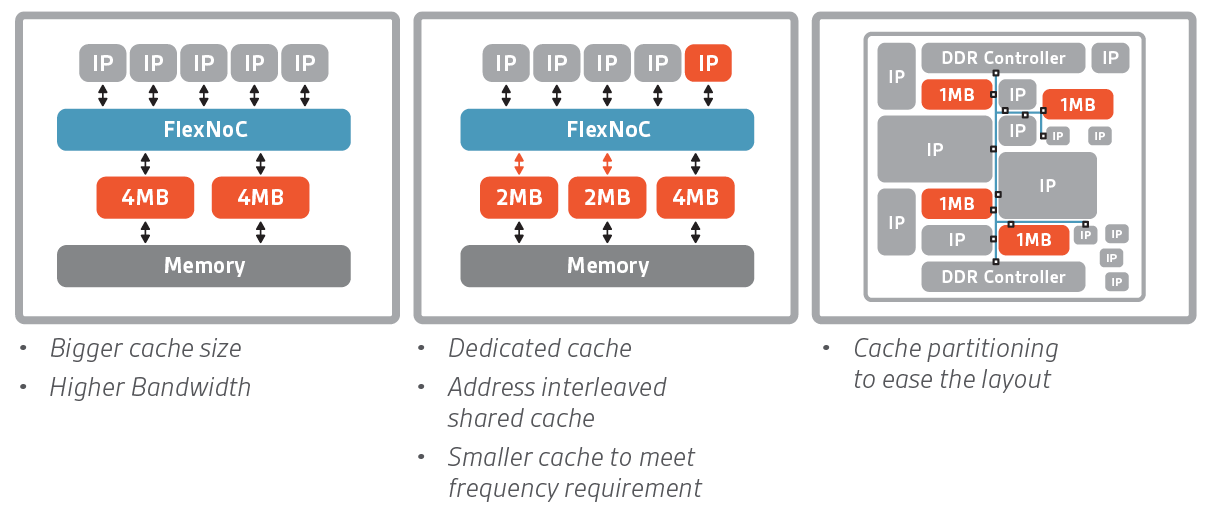There were multiple "tiers" to the core design license. ARM cores (at least used to be) are like lego blocks to some extent. ARM can sell you a complete top to bottom design with cache sizes, functional unit layouts, etc, that you can have taped and produced at several different places. they can also license to you a stack of functional units and the needed IP to use them together, but you get to decide how you arrange them, how many of them that you use, how big your internal caches are, and other features inside of the core. That's where QC was, they were using a bunch of ARM IP for hardware, but they were adding some of their own logic, choosing how their caches and buffers were sized and arranged, and using some setups that weren't standard ARM. Sometimes it payed off for them, sometimes, ARM's design was better than what they came up with in practice. Eventually, ARM's cores got good enough that they couldn't justify internally developing them further than ARM was and disbanded their own in house CPU core team.
And, of course, there's Apple's license, which just lets them use the ARM ISA and several fundamental associated technologies in perpetuity with the ability to add and subtract to them as needed without ever having to pass it by ARM. I believe that their trade for getting that license is that they aren't allowed to sell their processors to third parties, which suits them fine anyway.
And that's the big issue here. Nuvia had a license that's similar to Apple's in spirit for their own products for certain segments which would have allowed them to sell server chips to integrators. QC has the "you only get the vanilla cores" license, but could sell in the broader market. QC maintains that by purchasing Nuvia, they inherited the licensing from Nuvia to use Nuvia's cores in anything they sell. There's a whole lot more nuance to this, and there are lawyers earning enough money to retire for life on this case I'm sure.





